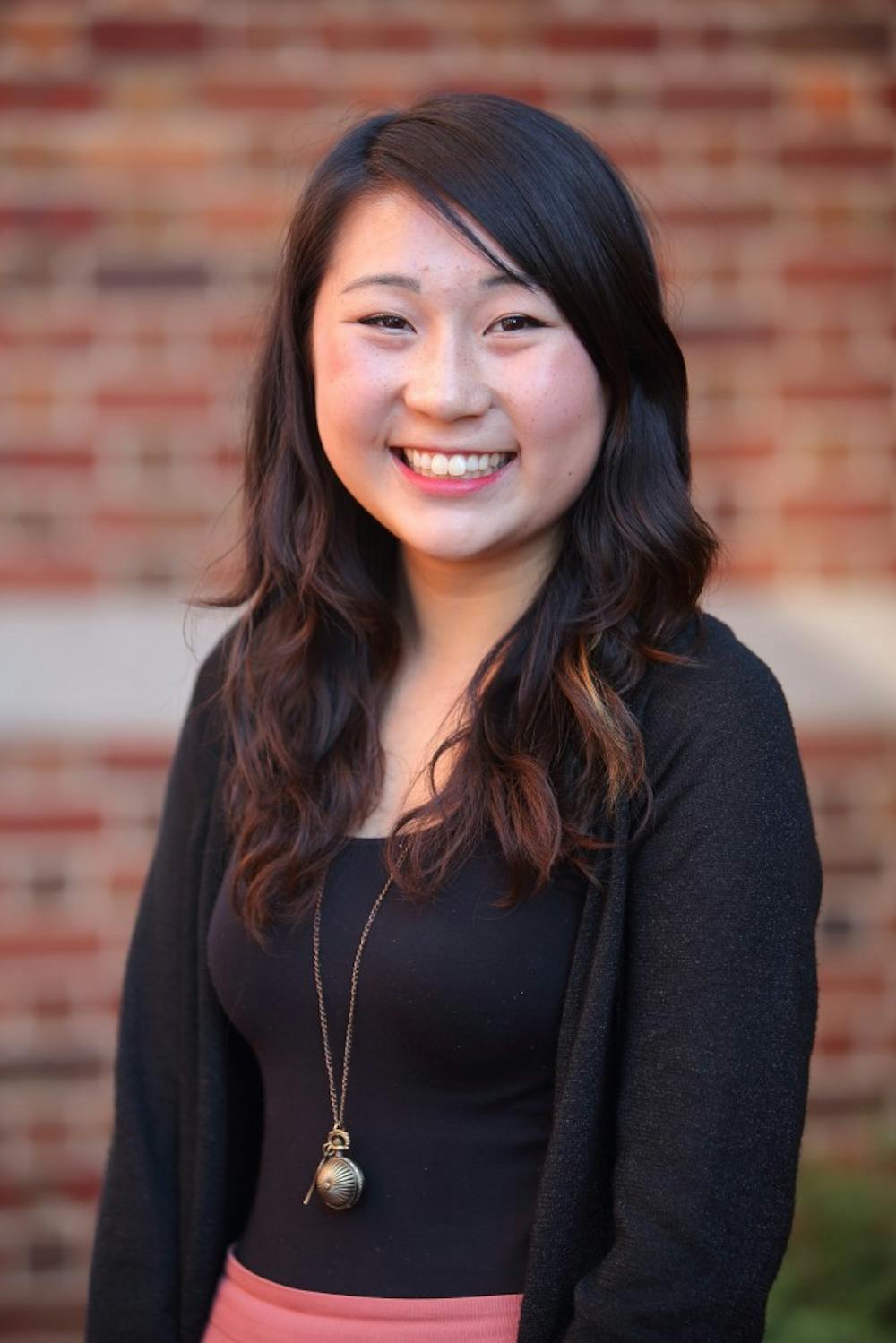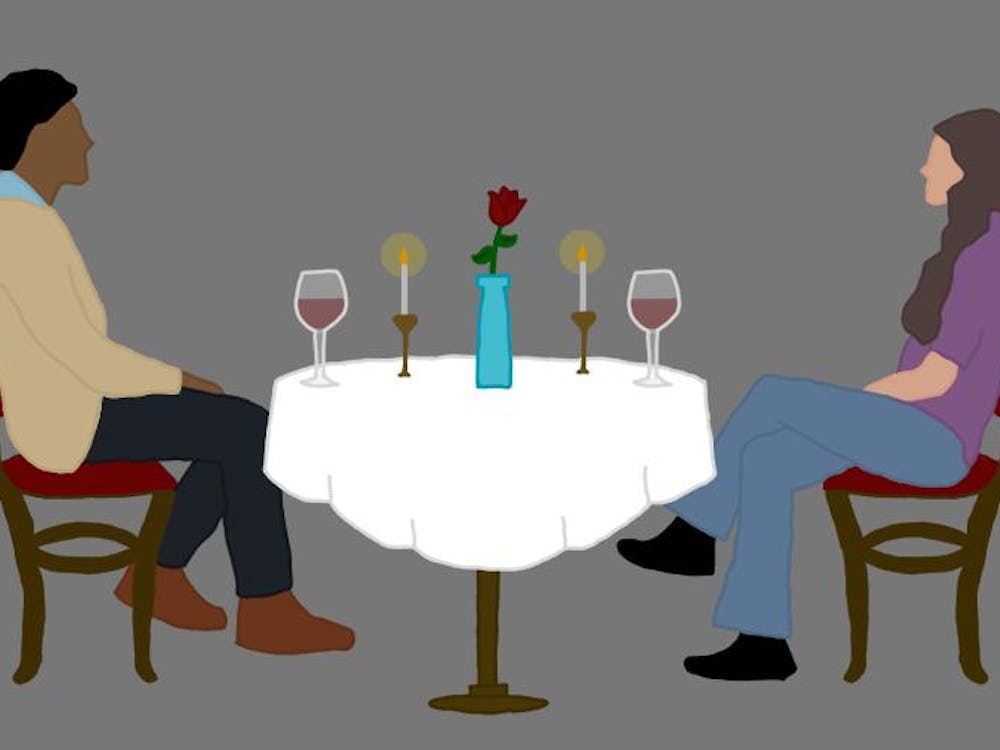Every incoming first year learns at orientation that a true University student simply cannot call a freshman, “freshman,” nor the campus, “campus.” One slip of “sophomore” and the University immediately pegs you as an outsider, or at least a very naïve newcomer. How many of us have ironically — but completely seriously — ridiculed our friends for saying “campus” or physically shuddered when an ignorant bloke asked over summer, “How was freshman year”?
Every group of humans has their own esoteric lingo. Doctors call visiting their patients “doing rounds” and getting dressed for surgery “scrubbing in.” My high school insisted on calling the cafeteria “cafo” and vacation “vac.” Football players call practice “hitting iron” and the quarterback “the Rock.” Just kidding. I made that up. I don’t know anything about football.
There is something paradoxically peculiar about the language we use in various groups. On one hand, these buzzwords and catchphrases make us feel a part of something special. Like a verbal secret handshake or inside joke, knowing the lingo of an organization makes you feel like you belong. These terms give us a sense of identity, pointing us to specific people and places in our lives we care about.
There’s nothing more comforting than hearing your own native tongue when in a foreign country. There’s nothing more unifying than saying to a group of University friends, “Let’s all eat on the steps of the Roto,” and have everyone know exactly what you’re talking about. Disclaimer: actually, not everyone calls the Rotunda, “Roto.” I’m trying to channel Gretchen Wieners from Mean Girls and make “Roto” happen. Perhaps that’s why upperclassmen here so aggressively brainwash first-years into the University’s terminology — they want us to feel like we belong.
At the same time, this unifying experience of language ostracizes outsiders. Example A: the ignorant bloke asking about your freshman year. Example B: me thinking that football practice is called “hitting iron.” To those of us on the outskirts of a community, these strange terms become barriers. I see this play out in my own religion all the time*.
If you’ll allow me, I will show you an exaggerated version of “Christianese.” In reality, many Christians do not speak in this way, yet I write semi-satirically to exemplify my point.
You: “How was your day?”
Me: “Oh, the Lord was just really moving today, you know? I did a lot of intentional fellowshipping with my small group and felt really filled with the Spirit. I’ve been wrestling with some doubt lately, but I’ve been washed with the blood and today was filled with a lot of fruit.”
You: “?”
To those who are not familiar with Christianity, it may have sounded like I bathed in goat’s blood and ate a lot of mangoes today. In reality, I was simply saying I saw a lot of blessings in my life due to quality time with God and with others. One of the most important parts of my life that I want to share became insular and isolated simply due to the words I chose.
Maybe you feel this way as an avid stamp collector who just wants to share your passions but can’t seem to really get through to people about the wonders of “blind perforations” and the “Waterbury ‘Running Chicken’ of 1869.” Perhaps it’s not the object of your passions itself, but the language you use to describe it that precludes your friends from feeling included or just interested in your infatuations.
To be honest, I don’t know where the balance lies. Where is the line between unified identity and exclusivity? When does the joy and comfort of group identity become a subtle form of discrimination? What about the other way? When does inclusivity get so broad that there are no identifiers of what makes the group unique? If language is exclusive, then why have different languages at all?
I don’t think there are any clear answers. I’d argue that this paradox of language is often what creates conflict between groups. Language should be celebrated, but should also be accessible. There is joy in the process of learning to understand the jargon of different institutions.
Yet if that process takes too long, we can miss out on new individuals in our circles. How to do this, I don’t quite know. What I do know is that I love calling myself a second-year. I know I can’t wait to reunite with my high school friends over vac. I know that I try and speak in more normal language about my religion. And that if you were an avid stamp collector, I would love to hear about “Running Chicken,” as long as you explain what it is.







